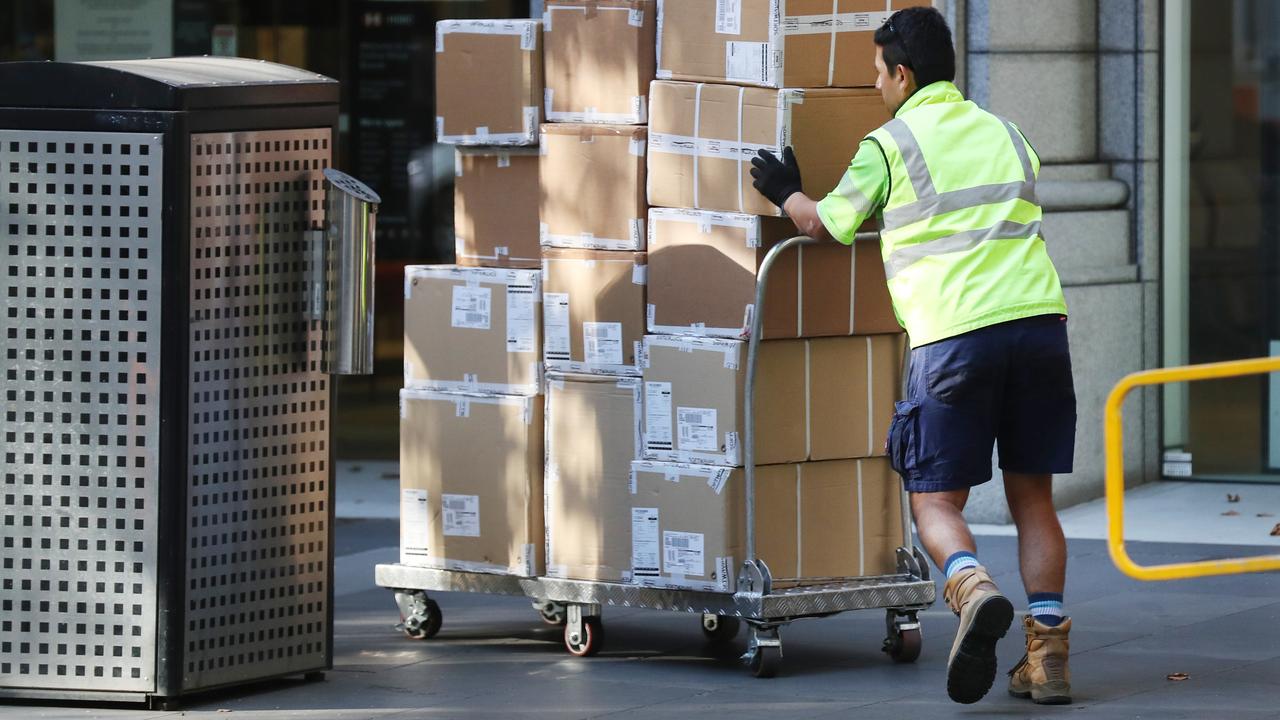Middle East conflict threatens spike at the bowser
While motorists have benefited from falling petrol prices in recent months, drivers could be in for higher costs at the bowser.

An escalation of the conflict in the Middle East risks crimping global oil supplies, with economists warning petrol prices could surge by as much as 50c a litre, threatening progress on curbing inflation.
While geopolitical tensions have pushed oil prices higher this week, that rally gathered pace on Thursday night after President Joe Biden suggested the US was considering whether to support Israeli air strikes on Iranian oil facilities after Tehran launched a barrage of about 200 missiles at the Jewish state.
In response, Brent crude jumped 5 per cent to $US77.62 a barrel on Thursday – the global benchmark’s largest daily gain since the early stages of the Israel-Hamas war a year ago – before stabilising at that level on Friday.
The surge in global oil prices is yet to translate to increased costs at the bowser. Motorists paid $1.73 per litre for fuel last week on average, according to data released by the Australian Institute of Petroleum, its lowest level in two-years and 18 per cent off its peak of $2.12 recorded in mid-April.
Lower petrol prices this winter have helped pull headline inflation down to its lowest level in three years, leaving more money in drivers’ wallets and helping ease the cost of living crunch – a key issue at the next federal election. However, relief for cash-strapped motorists may only be temporary, with analysts fearing Israel’s retaliatory move could prompt a regional war, causing petrol prices to rebound.
“The risk of Iranian energy infrastructure being targeted by Israel would be the spark that lights a fire and takes oil prices higher,” Westpac’s head of financial markets strategy Martin Whetton said. “The combination of low supply, infrastructure maintenance, hurricanes and low (crude) inventories give a potent mix for higher prices.”
Worst still, analysts feared Iran’s response could include attempts to cut off crude shipments via the Strait of Hormuz, a key chokepoint which handles more than 20 million barrels per day, or 20 per cent of global supply. “Any closure of the Strait of Hormuz would represent a tipping point for the global oil market and the world economy,” Citi analyst Francesco Martoccia said.
A suspension of shipments through the strait could drive up oil prices to as much as $US50 per barrel, AMP chief economist Shane Oliver estimated – equivalent to approximately 50c per litre or more at the bowser for Australian motorists. While western countries including Australia did not purchase Iranian oil due to sanctions, Dr Oliver said a reduction in crude supply would force customers in China, India and other markets to purchase elsewhere.
“If they can’t get Iranian oil because of disruptions, then they will come on to the global market and add to demand and push up prices anyway,” he said. “A surge higher in oil prices could also threaten progress in getting inflation down although central banks including the RBA will focus on underlying inflation.”
Like Labor’s energy bill rebates, changes in petrol cost are likely to be discounted by the Reserve Bank, which instead looks at its preferred trimmed mean inflation gauge that strips out the most volatile prices. On its most recent measure, that figure was 3.4 per cent.
Jarden economist Anthony Malouf agreed that the RBA and other central banks would likely “look through” the conflict, and instead turn their attention to “the persistence in underlying inflation and labour market condition”. “We only expect central banks may become more concerned if the elevated tensions continue longer than anticipated and lead to more persistent price pressures which, at this moment in time, seem less likely,” he said.
Despite the turmoil in the Middle East, investors continue to bet that the RBA will cut interest rates by a quarter of a point at its first meeting of 2025, suggesting markets are expecting the conflict will be short lived.
However, Mr Malouf said the conflict could also cause further disruptions in global supply chains, in turn intensifying already elevated freight costs and delivering another bout of goods inflation.



